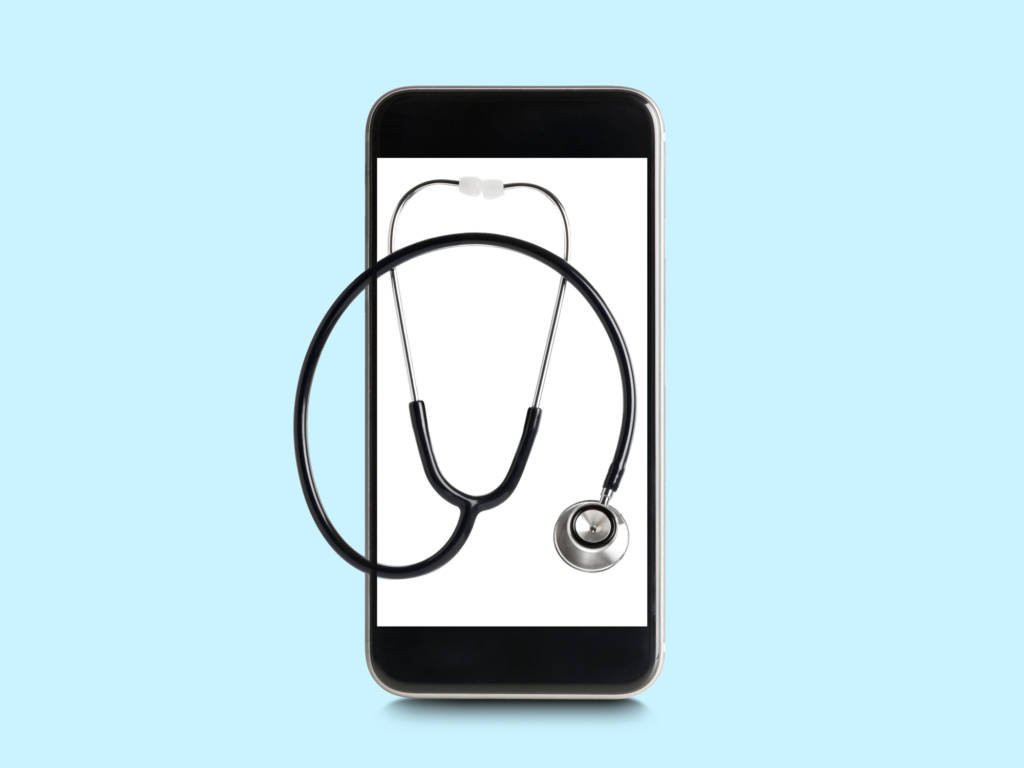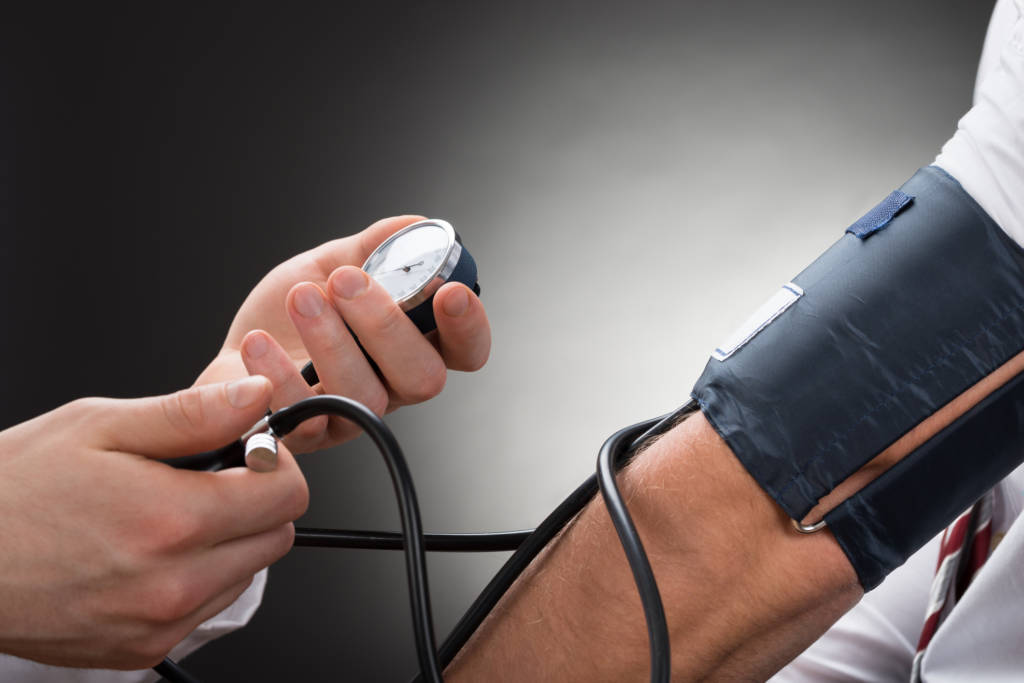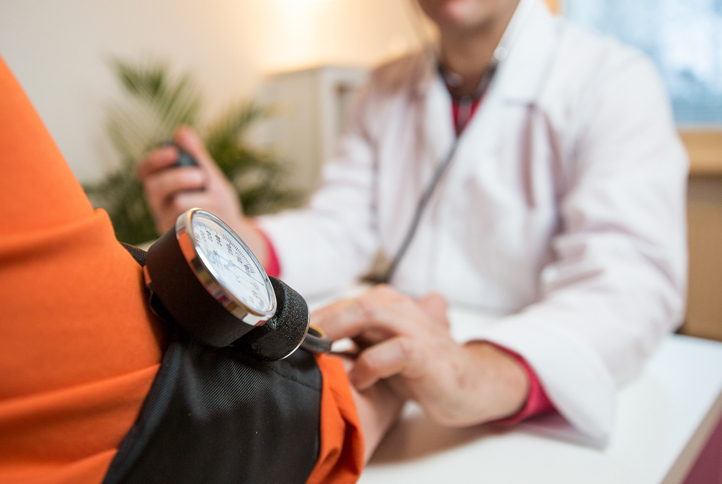 You’ve had a stroke and arrive at a hospital, but the stroke specialist is off-duty. Never fear: Telemedicine may help save your life.
You’ve had a stroke and arrive at a hospital, but the stroke specialist is off-duty. Never fear: Telemedicine may help save your life.
Especially during the COVID-19 crisis, so-called ‘telestroke’ services — where health workers use video to consult with a stroke specialist who could be miles away — is helping to lead to better patient outcomes, new research shows.
“Our findings provide important evidence that telestroke improves care and can save lives,” study senior author Dr. Ateev Mehrotra, associate professor of health care policy and of medicine at Harvard Medical School, said in a university news release.
The benefits of video-enhanced care are highest for rural Americans, study co-author Andrew Wilcock added, even though many rural hospitals aren’t yet equipped for telestroke services.
The findings “emphasize the need to address the financial barriers these smaller hospitals face in introducing telestroke,” said Wilcock, who is assistant professor of medicine at the University of Vermont and a visiting fellow in health care policy at Harvard Medical School.
As the researchers explained, for patients with stroke symptoms, “time is brain.” That means that they require rapid expert assessment and treatment to stop any brain damage and prevent serious disability or death.






